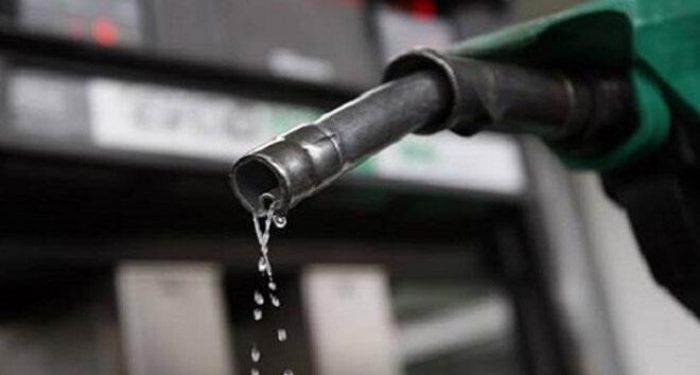In light of the recent return of subsidy payments on imported petrol by the Nigerian National Petroleum Company Limited (NNPC), some players in the petroleum products marketing sector have recommended that the federal government consider a phased approach to subsidy removal. They propose this measure to make the policy more manageable and less burdensome.
These suggestions have arisen following the reinstatement of the subsidy, which was abolished by President Bola Tinubu in his inaugural speech on May 29, 2023. The removal of the subsidy had resulted in a significant increase in petrol pump prices in the country, soaring by over 200 percent from the previous N185 per litre to the current range of between N580 and over N617 per litre, varying by location.
The exorbitant petrol prices triggered inflation, causing prices of other goods and transportation services to surge, impacting most Nigerians who were grappling with weakened purchasing power.
The re-introduction of subsidies into the petrol marketing system was anticipated, as both the government and NNPC had ruled out any further increases in petrol prices beyond the prevailing pump price. This stance contradicts market forces, which typically operate based on supply and demand principles.
The call for a gradual approach to subsidy removal underscores the need to strike a balance between economic stability and the financial well-being of Nigerians. It reflects the operators’ desire to navigate the complexities of the fuel price policy to ensure a smoother transition for all stakeholders.















